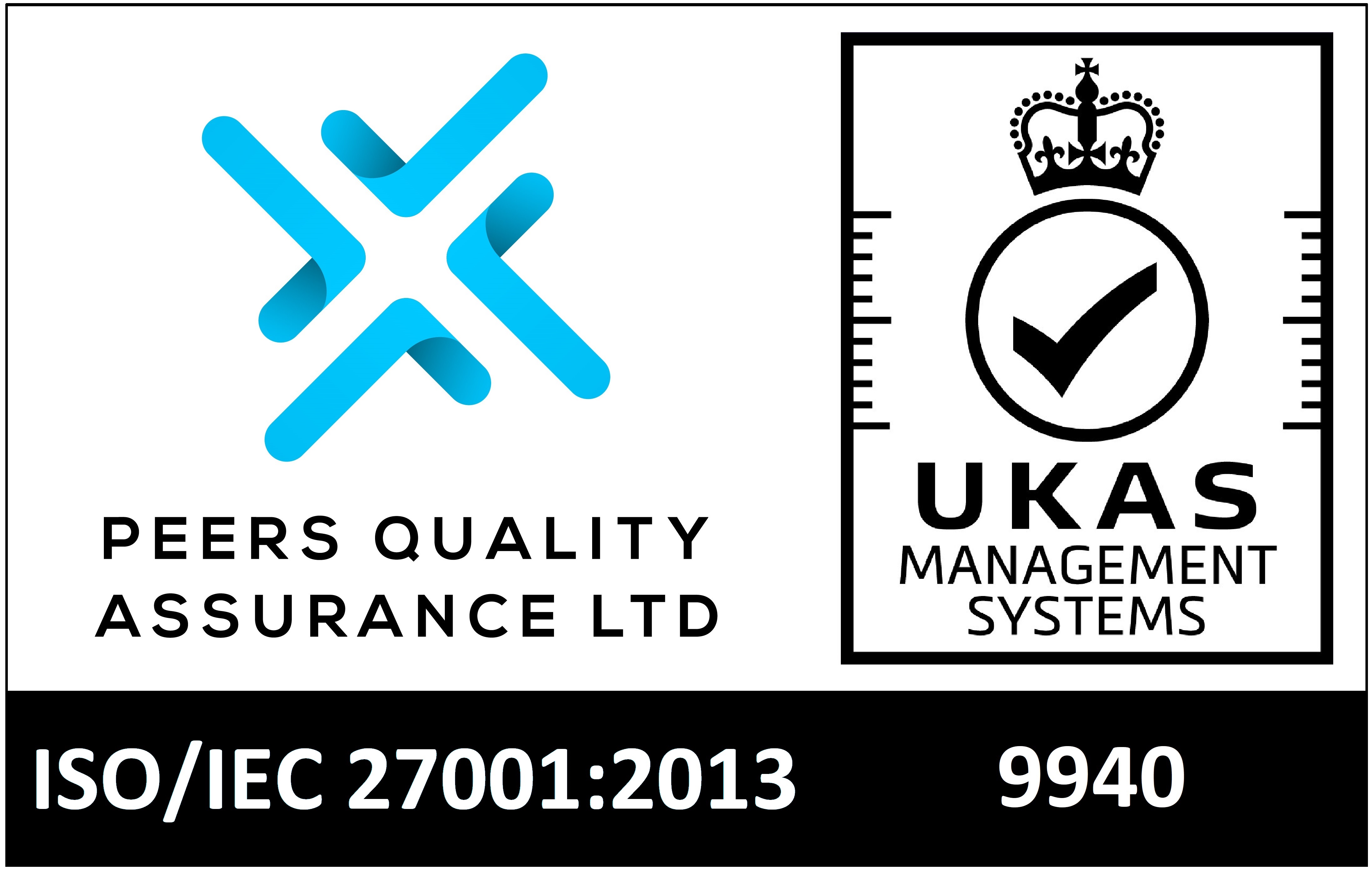Knowing what to look out for and recognising suspicious changes to your body is one of the most important ways to catch cancer early. March is Prostate Cancer Awareness Month so we're looking at the symptoms of prostate cancer: What should you look for? What are the symptoms of prostate cancer and what should you do if you notice any of these symptoms?
What are the symptoms of prostate cancer?
More than 47,000 men are diagnosed with prostate cancer in the UK every year – that’s around 130 every day.¹ Cancer diagnoses fell significantly during the pandemic due to missed screening appointments and fewer people going to the doctor. It’s so important to diagnose cancer early as this significantly improves treatment options and patient outcomes. So, if you do notice any of the symptoms outlined in this blog, please see your GP or cancer specialist as soon as possible.
Prostate cancer is caused when cells in the prostate gland grow abnormally and form lumps called tumours. But the prostate gland is well hidden so how do you know if you’ve got prostate cancer? Prostate cancer does not usually cause any symptoms until the cancer has grown large enough to put pressure on the urethra, the tube that carries urine from the bladder out of the penis.
Common prostate cancer symptoms that can also be caused by an enlarged prostate include:
- Needing to rush to the toilet to pass urine
- Passing urine more often than usual, especially at night
- Difficulty in passing urine
- Feeling that your bladder has not emptied fully
- Blood in urine or blood in semen

These symptoms do not necessarily mean you have prostate cancer. The prostate gland can get larger with age due to a common non-cancerous condition called benign prostate enlargement. However, it’s still important to see your doctor and get checked if you experience any changes or symptoms.
If prostate cancer spreads to other parts of the body, it can cause other symptoms including bone and back pain, loss of appetite, unexplained weight loss, problems getting or keeping an erection and testicular pain.
Most men with early prostate cancer have no symptoms and it can only be detected by testing for prostate-specific antigen (PSA) and other biomarkers or MRI scans. At present, there is no national NHS screening programme for prostate cancer. Check4Cancer offers an at-home sample collection kit, called PSACheck. If you’re worried about prostate cancer or at higher risk, you can order your PSACheck now.
References
¹ https://www.cancerresearchuk.org/health-professional/cancer-statistics/statistics-by-cancer-type/prostate-cancer#heading-Zero




